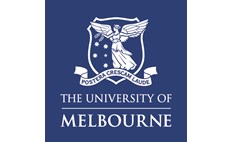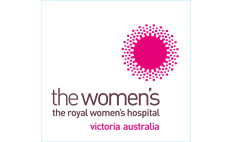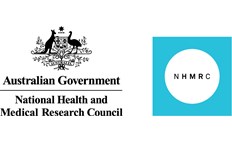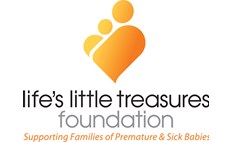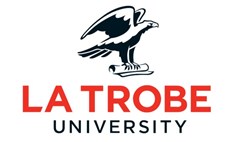The CRE in Newborn Medicine is continuing to fund innovative research in 2021

In 2021, the CRE in Newborn Medicine is continuing to fund innovative projects to improve the health of all newborn babies and their families.
One such project, being undertaken by PhD candidate Free Coulston, is The Circus Project: Co-designing a circus intervention for preschoolers born extremely preterm. Having also been awarded a Physiotherapy Research Foundation Seeding Grant of $10,000 and a $1,000 University of Melbourne Creativity and Wellbeing Grant last year, this study aims to explore the experiences, needs and preferences of key stakeholder groups in relation to a circus intervention program for pre-school aged children born preterm or with developmental delay. Such a project is indicative of the CRE in Newborn Medicine’s commitment to embed the consumer voice at all stages of the research cycle with Free noting that key insights gained directly from end-users will ensure the intervention is meaningful and targeted, “Later this year, my project will again have families and other stakeholders input when we bring together parents of children born preterm, paediatric health professionals and circus coaches into a Co-design Team to design the circus program.”
PhD candidate Anna Kidman is another of our PhD students leading innovative research in the team. Having developed an interest in neonatal respiratory care while working clinically as a neonatal nurse, Anna identified many opportunities and areas to improve outcomes, which has become the focus of her PhD, Extubation CPAP Level Assessment Trial (ECLAT). ECLAT is a randomised controlled trial being run in the neonatal care units of The Women’s and Monash Hospitals in Melbourne. The study aims to improve extubation success, for extremely preterm babies. Anna explained “Basically, when babies are born extremely premature they often need a breathing tube to help them breathe. We then remove this tube however 60% of babies need it to be put back in. My project is aiming to reduce the proportion of babies who need the breathing tube reinserted. Usually when the breathing tube is removed babies need positive air pressure to hold their lungs open. We are comparing a higher amount of pressure to what we usually provide in the hope that this reduces the need for the baby to have their breathing tube put back in once it is removed”.
Another project in the neonatal intensive care unit being funded by the CRE in Newborn Medicine this year is trialling the efficacy of a new approach to assist preterm babies to breathe easier. The SURFactant Administration by SUPraglottic Airway Trial, or the SURFSUP Trial, will compare two differing techniques for surfactant delivery: the newer method using a small mask that sits over the babies larynx, known as supraglottic airway surfactant treatment, and the current standard, laryngoscopy. If supraglottic airway surfactant treatment is safe and effective, and is more comfortable and easier to use, it could become the preferred method of surfactant treatment. The development of a simple, quick and safe surfactant delivery technique would greatly improve the chances of these babies being able to remain in their birth hospital with their mothers, instead of having to be transferred to tertiary hospitals. The SURFSUP Trial a collaboration between three of the CRE’s Chief Investigators, Professor Peter Davis and Associate Professors Brett Manley and Louise Owen with colleagues at Monash Health and in Scotland, UK. The study has recently recruited it’s first baby and is expecting recruitment to continue until mid 2024.
And finally, the CRE is also supporting a project looking into the schooling of children born very preterm, in a study being run by PhD Candidate Simonne Collins. Simonne has collaborated with our Consumer Advisory Group to develop an online survey that will ask parents of children born very preterm about the factors that influence the decisions they make in regards to their child’s schooling. Knowing that such decisions can influence a child’s academic achievement, Simonne aims to understand whether these decisions are unique to parents of children born very preterm, with the purpose of this knowledge then being used to support parents to navigate school-related decision making in a manner that is sensitive to the needs of the very preterm population.
CRE in Newborn Medicine Director, Prof Jeanie Cheong continues to be impressed by the quality of the applications received by the CRE in Newborn Medicine Executive each year seeking funding, “These projects demonstrate the breadth and the depth of the work being undertaken by all the researchers in our team and in the newborn medicine field more broadly. The CRE is proud to facilitate these projects in order to improve health for all newborn babies."
As always, the CRE in Newborn Medicine welcomes collaboration with those born preterm and their family, newborn community groups, as well as other health professionals, clinicians and researchers within the field of newborn medicine. To request more information about any of these projects featured in this story or to find out more information about how you can get involved in the CRE in Newborn Medicine, please email crenewbornmedicine@mcri.edu.au.


